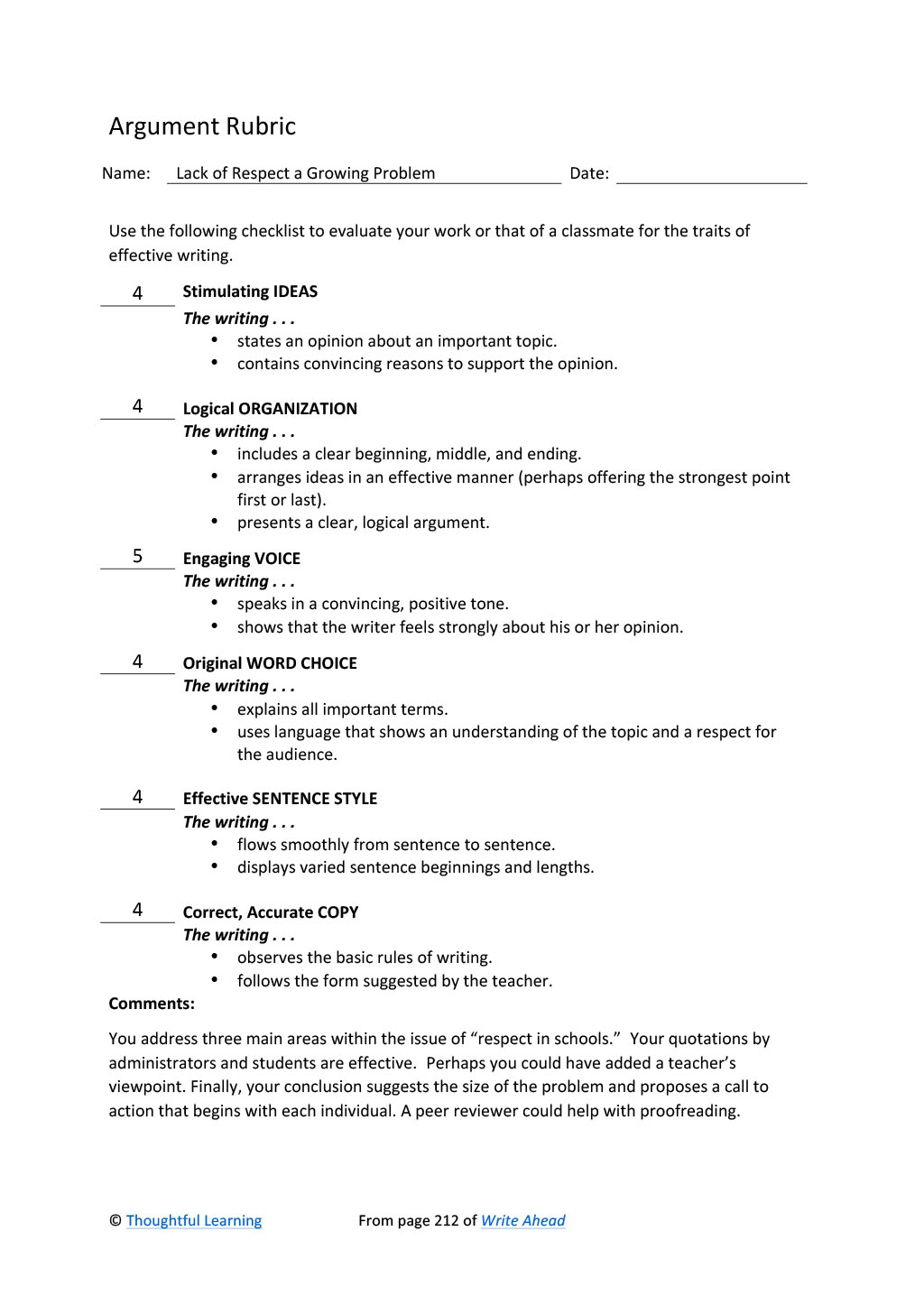Student Model
Lack of Respect a Growing Problem
Have you ever talked back to a teacher or other school official only to find yourself in the office with a referral and day of ISS? If you have, you’re not alone. These days Northern has more students in ISS for disrespecting authority and fellow students than ever before. Clearly, we need to find ways for teachers, administrators, and students to respect one another. Principal George Miller commented, “Disrespect has been a major issue in schools, and I definitely see it as a problem." This disrespect comes in many forms. It can be as simple as talking back, refusing to do homework, not throwing away your trash at lunch, being disruptive, or simply catching an attitude with a teacher, administrator, or other staff member. According to Miller, “It’s not only what you say, but how you say it. Some students seem to think that they can say and do what they want; it’s almost like a mind-set.”
We need to change that mind-set. We must find ways to keep teachers from becoming the target of student disrespect which interferes with teaching and learning. "Teachers who try to be friends with students sometimes get walked all over,” said senior Michelle Donnelly. Junior Phil Reinhardt observed, “The teachers that are too nice end up having no respect in their classroom.” Of course, there are always some students who don’t respect any teachers, friendly or not, and refuse to do homework, sit through a single class period, or listen to a word they say. Senior Jamie Schartner said, “I lose respect for teachers when they have the policy of ‘do as I say, not as I do.’ ” Sometimes a teacher has a teaching style that causes a lack of respect. For example, a quiet and independent student won’t necessarily enjoy it when a teacher grades for classroom participation and assigns a lot of group work. This kind of clash could be avoided by evaluating and adjusting the teaching approach.
Its not just teachers, but administrators as well. Administrators must model respect in the tactics they use to deal with students sent down to the office with referrals for talking back, being tardy (another form of disrespect), and a number of other referral-worthy actions. Many times, administrators have to step in when there’s a problem that the teacher can’t handle, making them appear to be the bad guys. This means that most of the communication between the administrators and students is in negative situations, causing a bad relationship and, therefore, a lack of respect. We need more ways for administrators to interact with students in positive situations.
Students often don’t respect other students either. They need to learn to treat eachother as they would want to be treated. Instead of starting verbal disagreements which may eventually lead to physical fights during and after school, students need to understand viewpoints and lifestyles that are different from their own. Junior Emily Gigger pointed out, “Students are praised by fellow classmates when they act out and make fun of teachers and other students.” This approval from their peers only encourages them to continue with their actions. Students should develop a sense of self-confidence and come to rely on there own sense of right and wrong in these instances. Often, students don’t respect those in lower grade levels, especially the freshmen, simply because they’re younger. On other occasions, it’s a “he said, she said” dispute and best friends are fighting because of something another person said. “I think that students should respect their classmates, no matter what their differences,” commented Schartner. A foundation of respect for all would eliminate most conflicts.
There have to be some solutions to help students gain respect for society in general, which includes administrators, teachers, and fellow students. Obviously, more positive communication and understanding is needed between students and authority figures. So what can be done? For starters, each side has to try harder to see things from the other’s point of view. In addition, everyone needs to think about what they can do personally to help improve the situation—and then do it. As they often say, “A journey of a thousand miles begins with one step." We need to take that first step.

Rubric


Lack of Respect a Growing Problem by Thoughtful Learning is licensed under a Creative Commons Attribution-NonCommercial-ShareAlike 4.0 International License.
Based on a work at k12.thoughtfullearning.com/assessmentmodels/lack-respect-growing-problem.